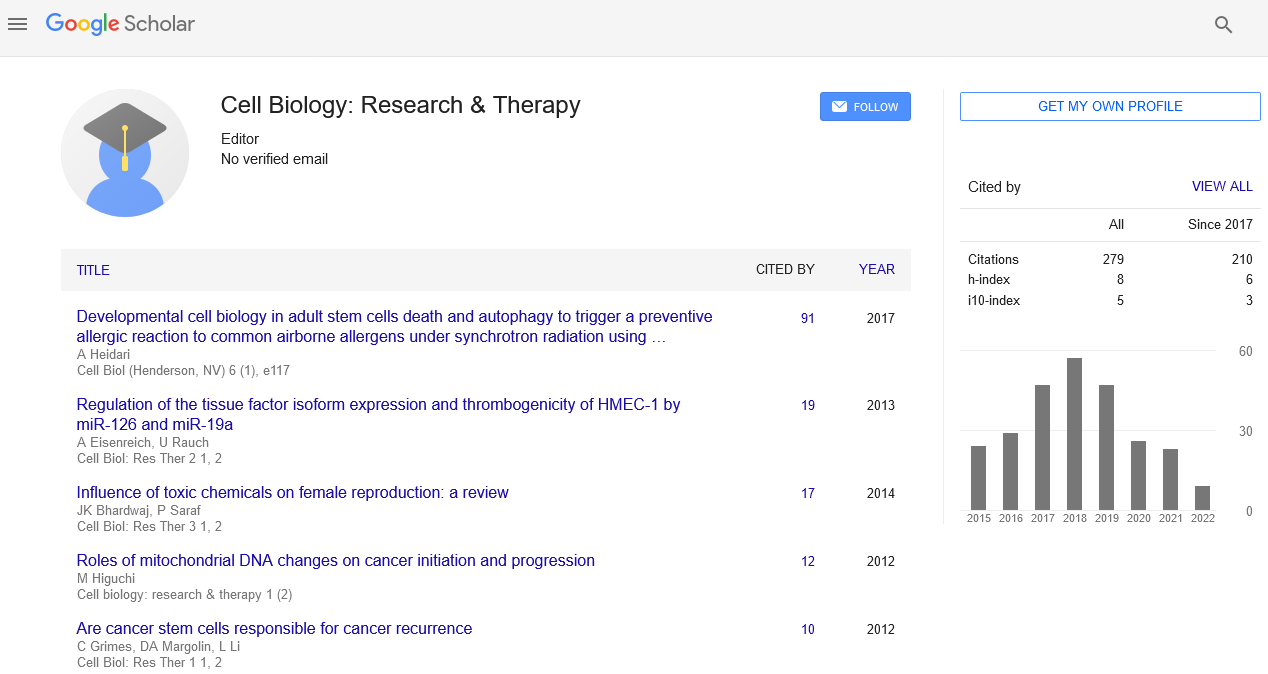In Vivo T-Type Ca2+ channel inhibition facilitates maturation of Glucose-Dependent Ca2+ signaling in human iPSC-Derived islets
Kaixuan Zhao
Karolinska University Hospital, Sweden
: Cell Biol (Henderson, NV)
Abstract
T-type Ca2+ channels operate in embryonic stem cells, but conduct relatively small Ca2+ currents in mature human β cells. In certain pathological contexts, e.g., when T-type Ca2+ channels undergo elevated expression, they mediate exaggerated Ca2+ influx to dissipate β cell maturity. This prompted us to hypothesize that altered T-type Ca2+ channel activity in human iPSC-derived islet (hiPSC-islet) cells affect maturation. To test our hypothesis, we transplanted hiPSC-isles into the anterior chamber of the eye (ACE) of immunodeficient mice, intravitreally infused T-type Ca2+ channel blocker NNC55-0396 and performed in vivo and ex vivo measurements. In vivo stereomicroscopy showed that transplanted hiPSC-islets underwent initial adhesion to, gradual integration with and eventual engraftment as well as survival on the iris. In vivo confocal microscopy revealed that intracameral hiPSC-islets were satisfactorily vascularized and displayed intense light scattering signals, reflecting the abundance of zinc-insulin crystals inside insulin secretory granules, within two months post-transplantation. Furthermore, intravitreally-infused NNC55-0396 did not influence the macromorphology, vascularization and light scattering signals. Interestingly, ex vivo [Ca2+]i measurements disclosed that intravitreally-infused NNC55-0396 significantly decreased basal [Ca2+]i levels and increased glucose-stimulated [Ca2+]i responses in intact hiPSC-isles. In conclusion, the present study verifies that the immunodeficient mouse ACE can serve as a unique site for pharmacological manipulation of in vivo maturation of hiPSC-islets. These cells can not only be micro-imaged intravitally, noninvasively and longitudinally, but also retrieved without suffering physical and chemical disturbance for more precise ex vivo studies, as exemplified here by [Ca2+]i measurements. Importantly, our data demonstrate that inhibition of T-Type Ca2+ channels facilitates glucose-dependent Ca2+ signaling in hiPSC-islets. These findings are important and support the notion that altered T-type Ca2+ channel activity may serve as a key signal in hiPSC-islet cell maturation.
Biography
Kaixuan Zhao is a PhD candidate in Medical Science at Karolinska Institutet, Sweden. She is studying the role of voltage-gated Ca2+ channels in beta cell maturity. Her efforts have resulted in interesting publications in Proc Natl Acad Sci USA, Cell Mol Life Sci and Cell Transplantat.
 Spanish
Spanish  Chinese
Chinese  Russian
Russian  German
German  French
French  Japanese
Japanese  Portuguese
Portuguese  Hindi
Hindi 